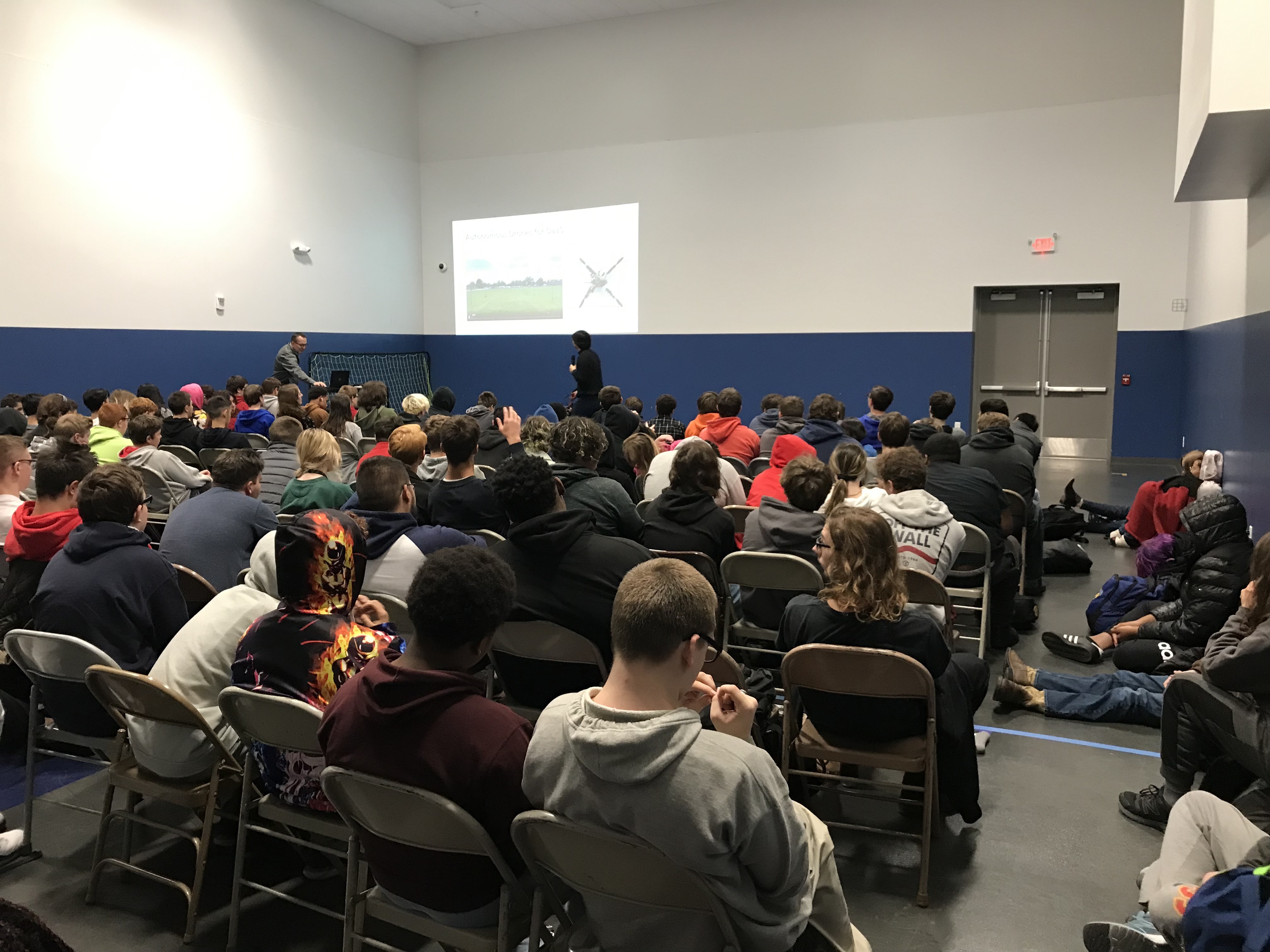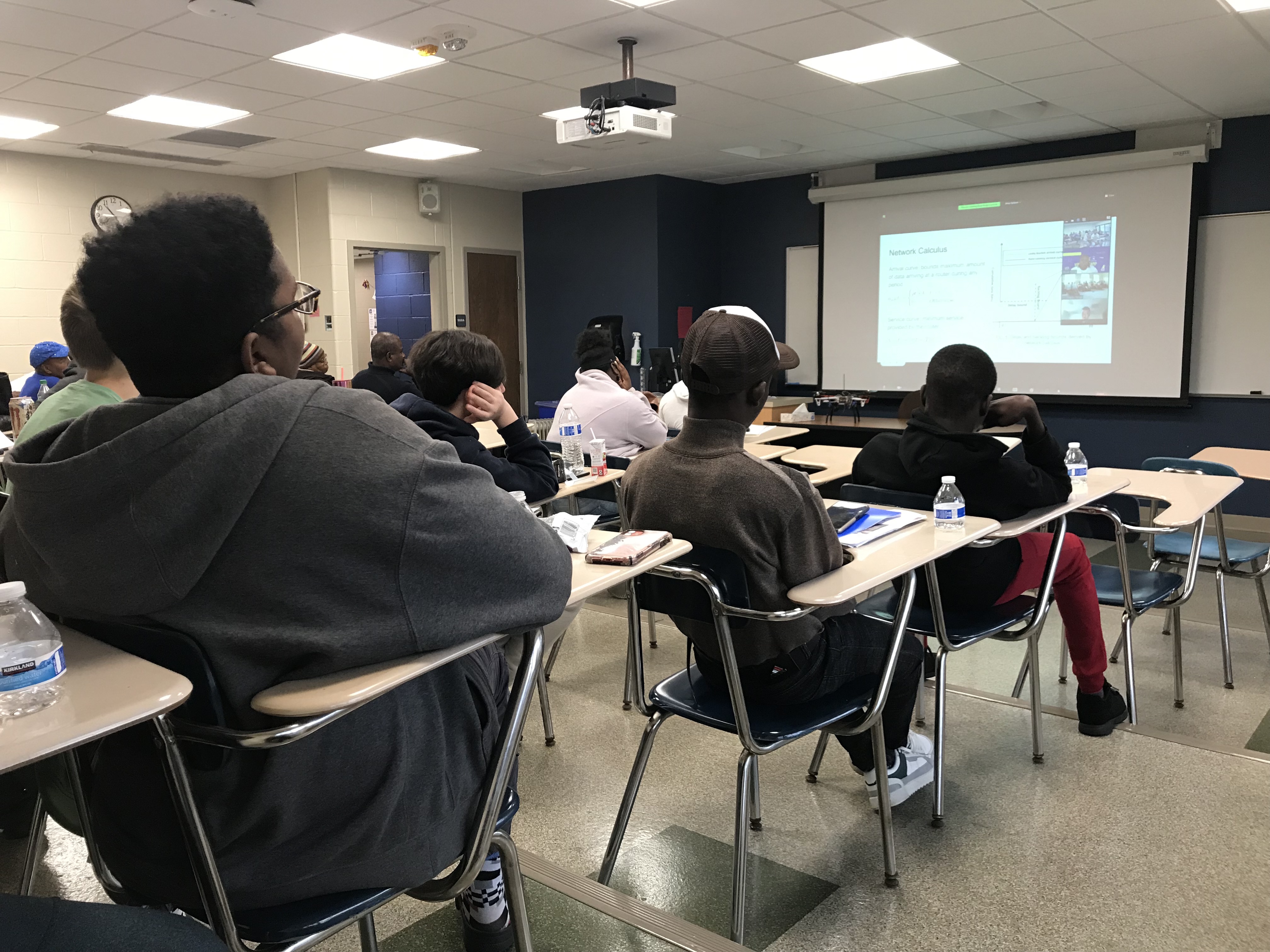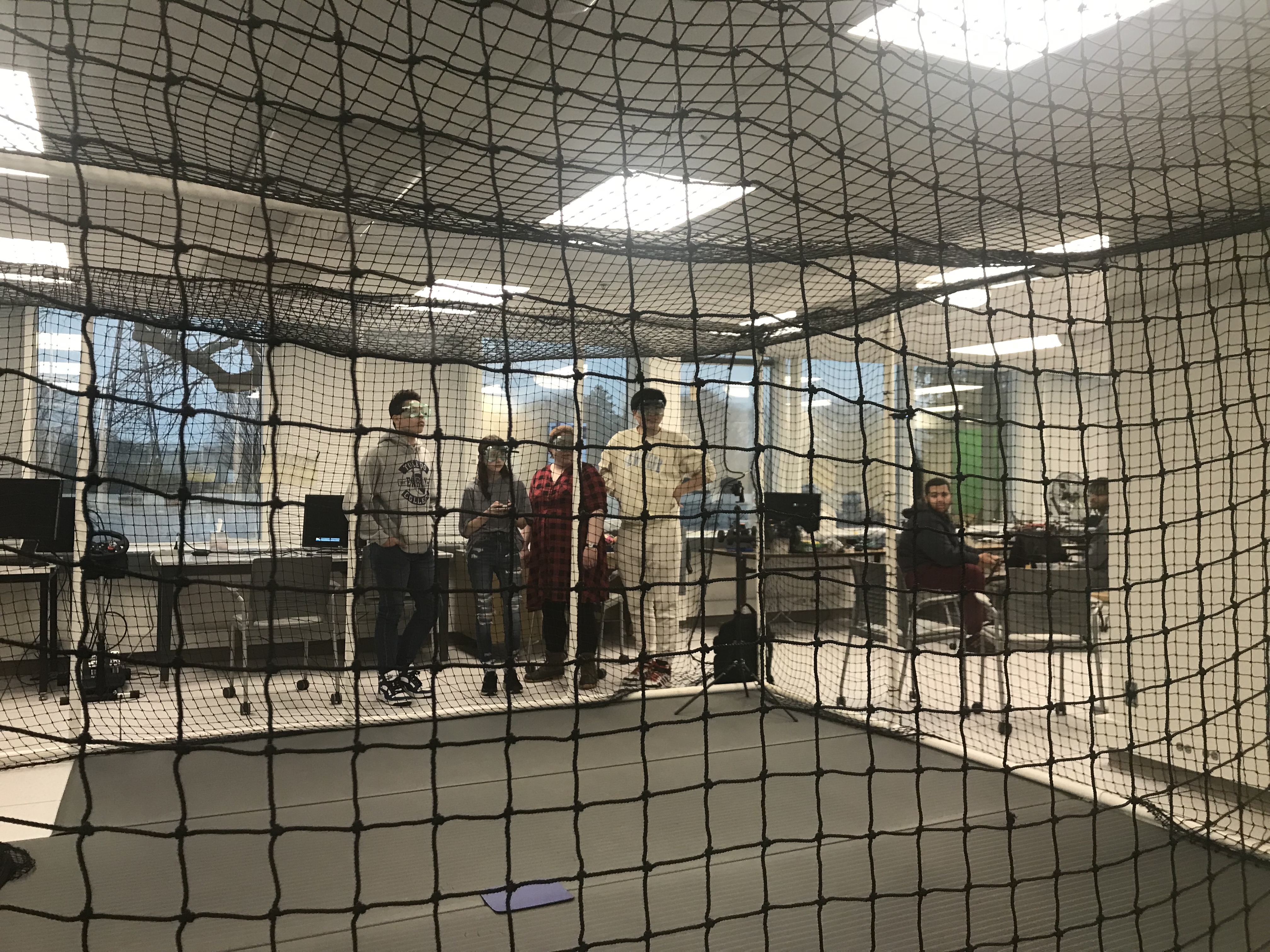CPS: Breakthrough: Analysis, Identification and Mitigation of Delay Performance Bottlenecks of Network Infrastructure in Cyber-Physical Systems, supported by the National Science Foundation (NSF Award # 1646458 and # 2146968), 2018-2023
Mission-critical Cyber-Physical Systems (CPS) applications, such as industrial control and avionics systems, require their network infrastructure to provide deterministic delay performance. However, the problem of analyzing, identifying and mitigating delay performance bottlenecks in CPS remains largely unexplored due to the lack of suitable frameworks for these tasks.
Challenges, Solutions, and Software
- Deterministic delay performance analysis for interdependent flows in CPS
- Worst-case situation awareness of systems processing random inbound flows
- [3][7][8-9][11-13]
- Identification of delay performance bottlenecks
- [4][5]
- Mitigation of delay performance issues
- [1][2][6][10]
- Software and documentation
- AFDX analysis, Measurement based modeling, and Network calculus tools (Download Link)
Dissertation and Thesis
- Boyang Zhou, A Cloud-edge Collaboration Approach to Drone Cyber-Physical Systems, PhD dissertation, Lehigh University, defense in 2024
- Amir Paudel, Analysis and Design of Edge-Assisted Networked Control Systems with Different Network-Induced and Computational Delays, Master’s degree thesis, University of Toledo, defended in August 2023
- Huan Yang, Delay Performance and Cyber-Security of Cyber-Physical Systems, PhD dissertation, Lehigh University, 2019
- Dylan Gray, An Enhanced Tool for Simulating the End-to-End Network Delays of Cyber Physical Systems, Master’s degree thesis, Lehigh University, 2019
Knowledge Transfer to Local Communities
- Group members gave a talk at the Sleek Academy, April 2023.
- Talk at the Aerospace and Natural Science Academy of Toledo (ANSAT), October 2022 (Left photo below)
- Talk at the Drone Academy for high school students in Toledo, OH and Tanga, Tanzania areas, November 2022 (Center photo below)
- Drone club for middle- and high-school students at the research lab of CHENGS group, Spring 2023 (Right photo below)



Publications
- Boyang Zhou and Liang Cheng, TSN-VM: A Real-time and Distributed Algorithm for Scheduling-Violation Mitigation in Time-Sensitive Networking, TechRxiv, November 27, 2023. https://www.techrxiv.org/doi/full/10.36227/techrxiv.24588741.v1.
- Boyang Zhou and Liang Cheng, Deep Reinforcement Learning-based Scheduling for Same Day Delivery with a Dynamic Number of Drones, International Conference on Service-Oriented Computing (ICSOC’23), Rome, Italy, Nov. 28 – Dec. 1, 2023.
- Boyang Zhou, Isaac Howenstine, Steffen Bondorf, and Liang Cheng, Breaking Cyclic Dependencies for Network Calculus using Service Partitioning, The 41st International Symposium on Computer Performance, Modeling, Measurements and Evaluation (IFIP Performance 2023), Evanston/Chicago, IL, Nov. 13-17, 2023.
- Boyang Zhou, Ryan Cheng, Unmesh Khanolkar, and Liang Cheng, Analysis and Design of an Edge Computing Enabled Real-Time Object Detection Platform for Drone-as-a-Service using Network Calculus. IEEE 2023 IEEE International Conference on Communications (ICC 2023), Rome, Italy, May-June 2023.
- Chuwen Zhang, Zerui Tian, Boyang Zhou, Liang Cheng, et al. TSN-Peeper: an Efficient Traffic Monitor in Time-Sensitive Networking. The 30th IEEE International Conference on Network Protocols (ICNP 2022).
- Boyang Zhou and Liang Cheng. Mitigation of Scheduling Violations in Time-Sensitive Networking using Deep Deterministic Policy Gradient. In Workshop on Flexible Networks Artificial Intelligence Supported Network Flexibility and Agility (SIGCOMM ’21), August 27, 2021.
- Boyang Zhou and Liang Cheng. A Reality-Conforming Approach for QoS Performance Analysis of AFDX in Cyber-Physical Avionics Systems. IEEE/ACM International Symposium on Quality of Service, June 2021.
- Boyang Zhou, Issac Howenstine, Siraphob Limprapaipong, and Liang Cheng. A Survey on Network Calculus Tools for Network Infrastructure in Real-time Systems. IEEE Access, 2020. DOI: 10.1109/ACCESS.2020.3043600
- Anthony Serino and Liang Cheng, Real-time operating systems for cyber-physical systems: current status and future research, 2020 IEEE International Conference on Cyber Physical and Social Computing (CPSCom-2020), November 02-06, 2020. DOI: 10.1109/iThings-GreenCom-CPSCom-SmartData-Cybermatics50389.2020.00080.
- Zhang, Chuwen and Wang, Yi and Yao, Ruyi and Zhou, Boyang and Cheng, Liang and Xu, Yang and Li, Xiaoguang and Cheng, Jian and Liu, Bin, Packet-size aware scheduling algorithms in guard band for time sensitive networking, CCF Transactions on Networking, 2020. https://doi.org/10.1007/s42045-020-00031-0.
- Yang, Huan and Cheng, Liang and Ma, Xiaoguang “Combining Measurements and Network Calculus in Worst-Case Delay Analyses for Networked Cyber-Physical Systems” IEEE INFOCOM 2019 – IEEE Conference on Computer Communications Workshops (INFOCOM WKSHPS) , 2019. DOI: 10.1109/INFCOMW.2019.8845285
- Yang, Huan and Cheng, Liang and Ma, Xiaoguang “Bounding network-induced delays for time-critical services in avionic systems using measurements and network calculus” Proceedings of the 10th ACM/IEEE International Conference on Cyber-Physical Systems (ICCPS ’19) , 2019. DOI: 10.1145/3302509.3313330
- Yang, Huan and Cheng, Liang “Bounding Network-Induced Delays of Wireless PRP Infrastructure for Industrial Control Systems” ICC 2019 – 2019 IEEE International Conference on Communications (ICC) , 2019. DOI: 10.1109/ICC.2019.8761893
Tutorial
- Liang Cheng and Steffen Bondorf. Modeling and Analysis of Network Infrastructure in Cyber-Physical Systems. A tutorial at ACM SIGCOMM 2019, August 23, 2019.
Invited Talks
- Data-driven and Model-based Analysis for Intelligent Infrastructure, Wayne State University, September 20, 2022
- Data-driven and Model-based Analysis for Intelligent Infrastructure, University of Louisville, October 28, 2022
- Cyber-Physical-Human Systems, University of Michigan, Dearborn, October 27, 2023